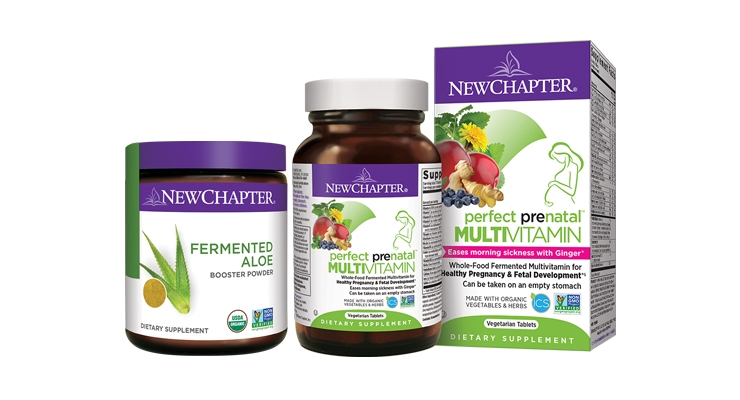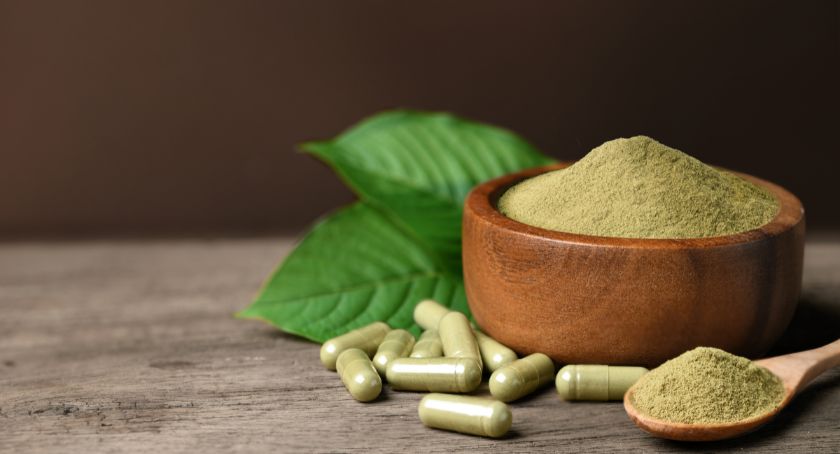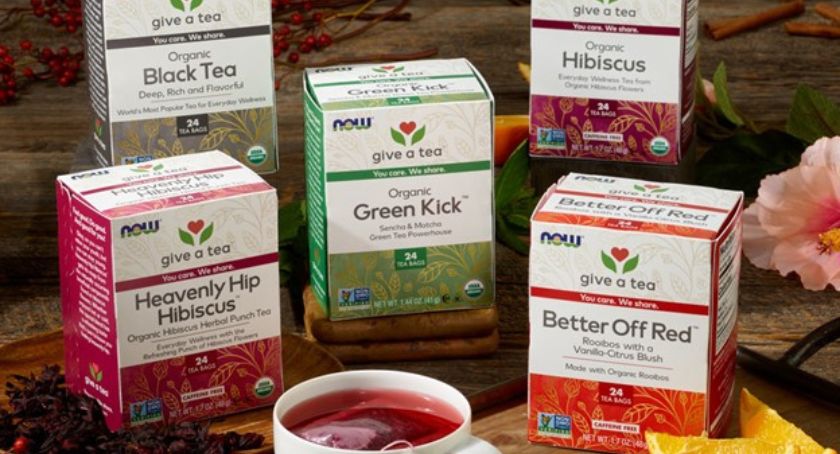Exclusives
Fermented Formulas: Traditional Processing Method Appeals to Modern Consumers
Supplements, foods, and beverages turn to fermentation to support digestion and clean labels.
Using microorganisms and bacteria to preserve food has longstanding traditional use in cultures around the globe. From pickles to yogurt to kimchi to kombucha, fermentation has proved to be a practical, and even delicious, means for making food last longer.
Yet as research of the microbiome expands, scientists are learning more about how healthy probiotic bacteria in fermented foods and drinks can aid digestion, immunity, and overall health.
Consumers keen on fortifying their gut health and intrigued by the adventurous culinary experience fermentation has to offer are buying into this concept, and the market for fermented health products has grown significantly in recent years.
Market research predicts the global fermented food and ingredient market could reach $689.34 billion by 2023, thanks to burgeoning consumer interest in digestive health, gluten-and lactose-free offerings, and the demand for clean label and natural processing. Food and beverage applications account for a significant percentage of this growth and will continue to cultivate sales for the forecast period.
Cultured Appeal
According to market research from Packaged Facts, interest in digestive health is a key factor driving sales of fermented foods and beverages. Familiarity with the benefits of probiotic bacteria coupled with the desire for naturally processed products makes fermentation a compelling selling point for consumers. Furthermore, the desire for “authentic” food and beverage experiences has propelled interest in traditional food processing and preparation.
“Fermented foods and beverages continue to grow in the U.S. with yogurt leading the way as the #1 fermented food consumed,” commented Taylor Burt, formulation researcher, innovation, M.S. Nutrition, with New Chapter, Brattleboro, VT. “With the growth and popularity of kombucha, fermentation continues to be a popular topic of discussion within the health and wellness community.”
Packaged Facts estimated retail sales of yogurt in the U.S. were nearly $9 billion in 2017, up a CAGR of 2% between 2012-2017. Meanwhile, Orbis Research predicts the global kombucha market will grow from $970 million in 2017 to $3.81 billion by 2023, at an impressive CAGR of 25.6%.
A 2018 blog from Mintel pointed to kombucha’s unique flavor, gut-supporting probiotics, and its positioning as a soft drink alternative, as key contributors to its success in recent years. The market research firm predicted its continued growth in the European market where consumers are interested in soft drinks with functional ingredients, such as vitamins, minerals, protein, and probiotics. Additionally, Mintel reported that “55% of consumers in Spain, 53% in Poland, and 43% in France believe carbonated soft drinks are better-for-you if made only with natural ingredients.”
Christopher Naese, vice president of business development, Florida Food Products, Eustis, FL, believes the fermented foods and beverages trend “follows a greater consumer movement toward healthier, better-for-you products that provide more functionality without added sugar, calories, and artificial ingredients.” He suggested that fermented fruit and vegetable products, like fermented beet juice, offers “clean-label alternatives to sugar or artificial and synthetic ingredients, and many can aid digestion, nutrient absorption, and immunity.”
Burt added that fermentation closely aligns with the clean label movement and consumer desire to avoid synthetic additives, preservatives, and heavy processing. “Since fermentation is a natural process used across many culinary traditions, it delivers on the idea of ‘clean labeling.’
Fermented formulas also appeal to millennial consumers, who are seeking out new taste and texture experiences, Burt said.
Fermented Claims Gain Steam
Between 2014-2018 Innova Market Insights tracked the rise in fermented claims in new food and beverage launches around the world. Increasingly manufacturers are promoting the use of fermentation, and on average such claims grew 11% in the four-year period.
The research firm found that yeast was the top fermented ingredient promoted in food and beverage applications globally in 2018 (42% among products with fermentation claims), followed by yeast extract (31%), rennet (10%), Streptococcus thermophilus (5%), and Lactobacillus bulgaricus (4%).
Dairy was the top category featuring fermented claims in 2018, with 25% of new dairy launches promoting the use of fermentation. In the bakery aisle 21% promoted fermentation claims; 10% in ready meal and side dishes; 7% in meat, fish, and eggs; and 7% in snacks.
Meanwhile, the soft drink space tracked the fastest growing category with fermented claims, according to Innova, showing 26% growth between 2014-2018. Close behind were hot drinks at 25%, sports nutrition products up 21%, alcoholic beverages 21%, and snacks 14%.
Supplements Get In on the Action
A noteworthy trend observed at this year’s Natural Products Expo West in Anaheim, CA, was seen among numerous dietary supplement brands now promoting the use of fermentation in product lines targeting more gentle absorption and digestibility.
For instance, Dr. Mercola, Cape Coral, FL, offers 12 fermented products in powder, tablet, capsule, and spray varieties. The company promotes this line as designed to support bioavailability and overall gut health.

“The process of fermentation is an incredibly powerful, traditional way to enhance the health benefits and digestibility of foods,” commented Ryan Boland, vice president of sales and marketing for Dr. Mercola. “Fermentation has been used by many cultures around the world to enhance foods, prevent spoilage, and improve digestion.”
He added that there are many ways to ferment—including lactic acid fermentation and ethanol fermentation. “Fermentation can also occur with the aid of bacteria, yeasts, or enzymes.”
Burt with New Chapter said that fermented supplements offer a more natural way for the body to get the key nutrients it needs. “If you’re taking an unfermented multivitamin, your body may not be getting the most out of the product you’re trusting to fill nutritional gaps,” he cautioned. “Many multivitamins are made with just synthetic, isolated nutrients that can be unyielding and hard on the digestive system. These multis can cause nausea or digestive upset, and go right through the body without being used to their potential.”

New Chapter has opted to formulate with vitamins, minerals, and herbs that are fermented to “unlock all of their benefits,” said Burt. “Fermentation breaks down nutrients into food form, unleashing their full nourishing potential for your body to recognize and absorb.”
Focusing on Formulation
Discussing its formulation process, Florida Food Products explained its use of a lactic acid fermentation process, which lowers the sugar content of the company’s beet juice product by 10-20%.
Meanwhile, New Chapter’s fermented supplement line utilizes a patented fermentation process to maximize the benefits of its vitamins, minerals, and herbal blends. “This specialized procedure cultures raw nutrients with probiotics and whole foods specific to each nutrient (organic soy, orange peel, carrot powder, alfalfa powder) to create a whole food complex through fermentation,” explained Burt. “Activating nutrients through fermentation enables their proper absorption because they are predigested for your body to use as food.”
He cited several studies, which have looked at the bioavailability of various fermented vitamins and minerals as compared to their synthetic or isolated forms. “Short-term bioavailability in humans and rodents was assessed by examining the area under the blood/serum/plasma concentration-time curve after a single dose of the test substance. Long term studies have also been done, using rodent models that measured the vitamin or trace element in liver, blood, serum, or plasma and comparing the slope of the dose-concentration plots. The results consistently show significantly higher bioavailability for the fermented form of the vitamins and minerals studied.”























